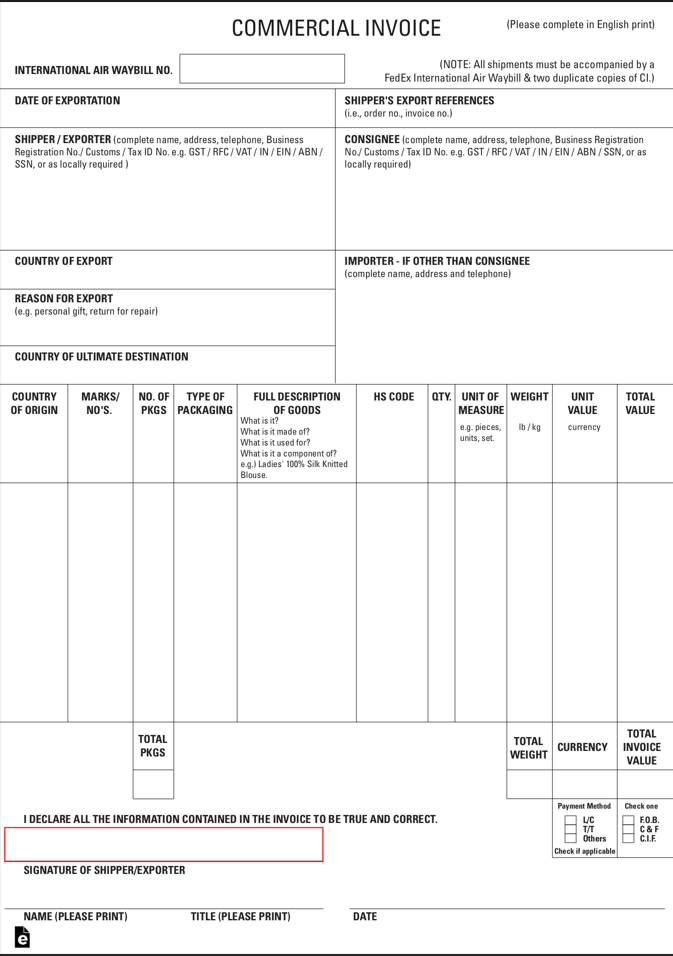USACC welcomes you. We prefer to discuss any question about your document by phone rather than email, Please call us at (202) 468-4200.

Guide to Company Bylaws for Business Governance
Introduction:
Company bylaws are essential documents that govern the internal operations and management structure of a business entity. This guide provides an overview of company bylaws, their importance in business governance, and key considerations for drafting effective bylaws with guidance from the US Arab Chamber of Commerce.
What are Company Bylaws?
Company bylaws are formal documents that outline the rules, procedures, and regulations for governing the internal affairs of a business entity, such as a corporation or LLC. Bylaws typically address various aspects of corporate governance, including the rights and responsibilities of shareholders, directors, officers, and employees.
Importance of Company Bylaws
Company bylaws are important for several reasons, including:
- Establishing the internal governance structure and operating procedures of the business entity.
- Providing clarity and transparency regarding the rights, duties, and responsibilities of stakeholders.
- Ensuring compliance with state laws and regulations governing corporate governance.
- Facilitating effective decision-making, dispute resolution, and operational efficiency.
- Corporate Structure: Define the structure of the business entity, including the roles and responsibilities of shareholders, directors, officers, and employees.
- Shareholder Rights: Specify the rights and privileges of shareholders, including voting rights, dividend distributions, and ownership interests.
- Board of Directors: Outline the composition, powers, duties, and responsibilities of the board of directors, including meeting procedures and decision-making processes.
- Officer Roles: Define the roles and responsibilities of corporate officers, such as the CEO, CFO, and secretary, including appointment, term of office, and authority.
- Meetings and Voting: Establish procedures for conducting shareholder meetings, board meetings, and committee meetings, including notice requirements, quorum, and voting procedures.
- Amendment and Termination: Specify the procedures for amending the bylaws and the circumstances under which the bylaws can be terminated or repealed.
- Customization: Customize the bylaws to reflect the specific needs, objectives, and characteristics of the business entity.
- Clarity and Precision: Use clear and precise language to articulate the rules, procedures, and regulations governing the business entity's internal affairs.
- Compliance: Ensure compliance with state laws and regulations governing corporate governance, including any mandatory provisions or requirements.
- Legal Review: Seek legal advice or review to ensure the bylaws are legally enforceable and comply with applicable laws and regulations.
-
Expert Guidance and Support: Businesses can benefit from the chamber's expert guidance and support throughout the invoicing process, ensuring compliance with international trade regulations and best practices.
-
Access to Resources and Templates: The chamber provides access to a wealth of resources, including standardized templates and educational materials, streamlining the invoicing process for businesses of all sizes.
-
Streamlined Documentation Process: By leveraging the resources and expertise of the US Arab Chamber of Commerce, businesses can streamline their documentation process, minimizing errors and delays in trade transactions.
Key Components of Company Bylaws
Best Practices for Drafting Company Bylaws
Sample Company Bylaws Template:

Benefits of Using US Arab Chamber of Commerce
Conclusion:
Company bylaws are essential documents for governing the internal affairs and management structure of a business entity. By understanding the importance of company bylaws and following the key components and best practices outlined in this
US Arab Chamber of Commerce Branches
USACC Head Office DC
1330 New Hampshire Ave, NW Suite B1, Washington, D.C. 20036(202) 468 - 4200
usarab.com